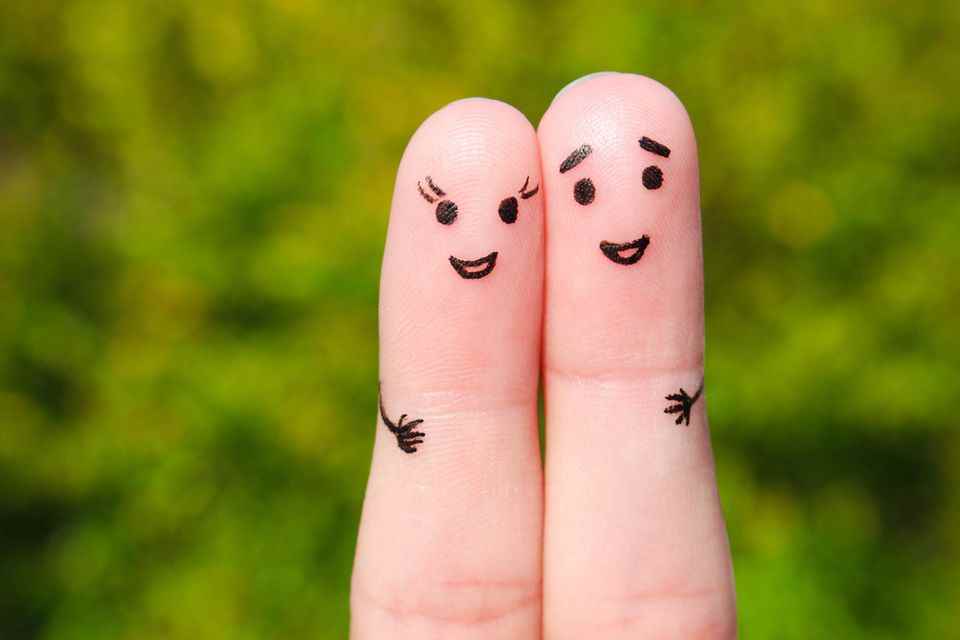“I hug you!”
Study provides 4 surprising findings about hugs
Hugs are simply good for us – this has now even been scientifically proven.
© Drobot Dean / Adobe Stock
A warm hug has never done any harm – on the contrary, as a new study shows.
Especially during the corona pandemic, many people realized how important physical touch is: A hug can not only be enormously stress-relieving, it usually just feels good. But why is she actually doing this? A study has just devoted itself to this question: How do hugs affect our mood and happiness? First result: good all round! The researchers were able to find out four surprising things in their study with 94 participants.
1. Saturday is hug day
On average, the test subjects had six hugs per day – while some people never hugged, the person with the most hugs hugged a whopping 150 times. Most cuddles were distributed at the weekend: on average there were ten hugs on Saturday, closely followed by nine on Sunday.
On the other hand, the fewest hugs were on Monday, Tuesday and Wednesday (each with an average of four) and the golden mean was Thursday and Friday with an average of six hugs each.
2. The magic number is four
And how many people can look forward to hugs? According to the study, the average was four people a day. Again, the differences between the two extremes were very striking: Some people didn’t hug a single person for a full seven days, while on the other end of the spectrum, some subjects hugged 110 people in the same period.
Here, too, the number of hugs was higher at the weekend – most likely because on these days you have more time to meet up with friends and family, who you tend to hug.
3. The effect of hugs on mood was consistently good
The study also looked at the relationship between hugs, mood, personality and feelings of loneliness. The finding: people who hugged generally had a more positive mood and also felt less lonely than the people who didn’t hug anyone.
However, the researchers point out that due to the design of their study, they could not determine the cause of the effects on their test subjects’ emotions. “So it could be,” writes Dr. Sebastian Ocklenburg, one of the study’s researchers, “that hugs lead to a more positive mood – but it could also be that people who are generally in a better mood are more likely to be hugged by others.”
In terms of personality, a negative association could be established with neurotic personality types: people who have problems processing negative emotions and tend towards anxiety, depression and fear hugged less than people without this trait.
4. Singles got more hugs than couples The positive effect of hugs is actually greater for singles. © Victoria М / Adobe Stock
Most recently, the scientists examined the influence of hugs on life satisfaction. Particularly exciting: The extent to which a hug affects satisfaction seems to depend on the person’s relationship status. The positive effect of a hug was felt much more in singles than in people who had partners.
A theory that was not examined in the study itself explains this fact as follows: In relationships there is (usually, but of course not always) more positive touches, so that a hug no longer has much of an impact on life satisfaction.
Either way, the study shows that we should all hug each other more, because in the end it’s good for everyone. And not just on weekends, please.
Source used: psychologytoday.com
